When I was a child, I was fascinated with the solar system, and I would love to look up at the night sky and look at the moon and stars. I always wondered why the moon always looked different on a given night. I also often wondered why I could see the full moon during the day. What I did not realize at the time was how the moon orbits the Earth and that the moon is lit up by the sun.
While I was homeschooling my children, they would often ask me the same questions that I had a child. “Mama, why can I see the moon during the day?” or “Mama, why does the moon look like a sliver?” Therefore, I added the phases of the moon to their science lessons by creating simple-to-follow worksheets defining and illustrating the phases of the moon.
Teach Moon Phases with Oreos
One of my kids’ favorite lessons on the moon phases was when I used Oreo cookies. I gave them each a paper plate and crayons or colored pencils. I then gave them each 8 Oreo cookies (telling them not to eat them – yet!). They would identify the lunar phases using the following instructions:
- Draw the Earth in the middle of the plate
- Open the cookies
- Remove enough cream to represent each moon phase (i.e., for the new moon, remove all of the cream, and for the full moon, do not remove any cream)
- Place the cookies in the proper order around the Earth from new moon to full moon and back to new moon
Of course, when the lesson was finished, and they got the cookie moon phases in the correct order, I would then let them eat the cookies. My children loved this lesson!
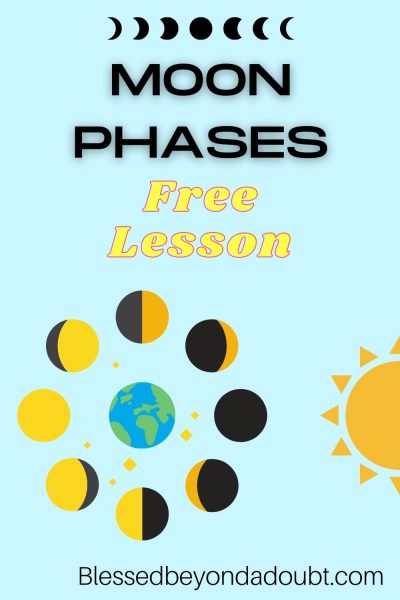
Lunar Cycle Vocabulary
This was also a great time to get them to learn the proper vocabulary terms identifying the different phases of the moon. Before they would place the cookies on the plate, they would label each phase: new moon, waxing crescent, first quarter moon, waxing gibbous, full moon, waning gibbous, last quarter moon, and waning crescent.
- New Moon: the moon is directly between the Earth and sun, and the moon is not visible.
- Crescent Moon: moon looks like a fingernail.
- Gibbous Moon: most of the moon is visible.
- Quarter Moon: half of the moon is visible.
- Full Moon: the entire moon is visible.
- Waxing Phases: right side of the moon is visible.
- Waning Phases: left side of the moon is visible.
A pneumonic device to help remember that the right side of the moon is visible during the waxing phases is:
“Right Side, Bright Side!”
A few more interesting facts about the moon and lunar cycle:
- The moon is 238,900 miles from the Earth
- The moon orbits the Earth at a 5-degree angle to the Earth
- It takes 28 days for the moon to orbit the Earth
- The moon affects the ocean tides
In addition to these fun phases of the moon lesson and worksheets, I have many fun and FREE science printables for your children. Please take a look at the following links:
- How Fast is Fast – fun way to teach your child how to calculate speed
- Easy Pet for Kids – learn about Sulcatta tortoises including coloring pages
- Science for Kids – 6 fun home learning science ideas that will make your kid love science
- Biome Coloring Pages – teach your child about biomes with these fun coloring pages
I created this fun lesson on the phases of the moon with worksheets as a PDF file for my email subscribers to download.
Just fill out the form below and you will receive instantly the PDF via email. Please check your spam folder. When you receive the email, please copy and paste the link into a new tab on your browser to download the printable.
I post several FREEbies weekly, so you will always have something new for your children.
I am sure that your children will love learning more about the moon.
Thank you for pinning this post for others to appreciate.
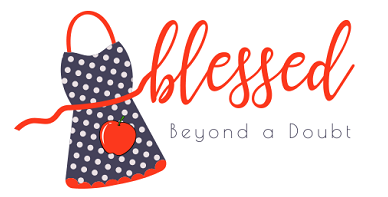

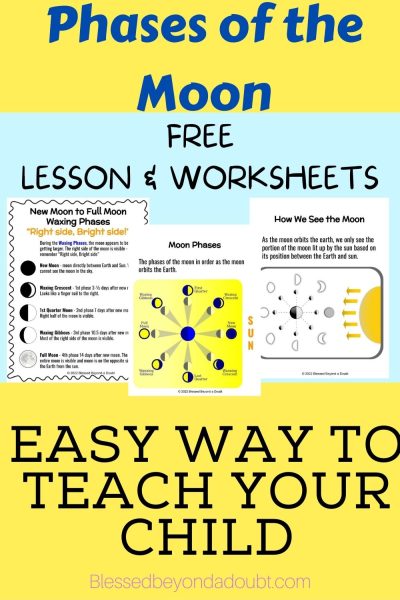

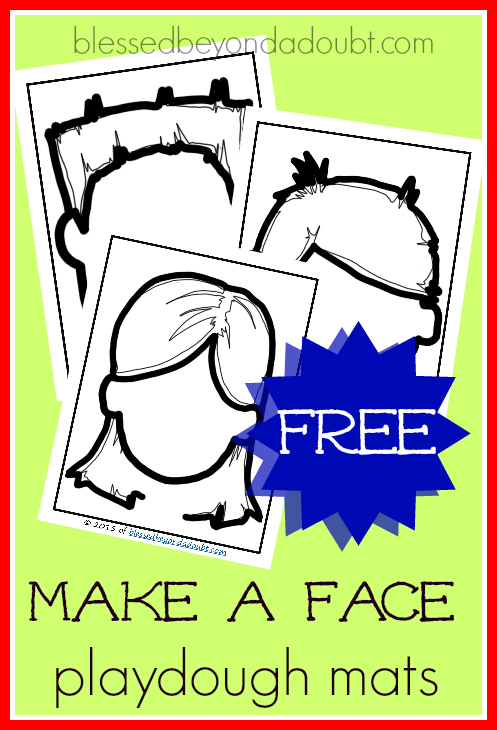




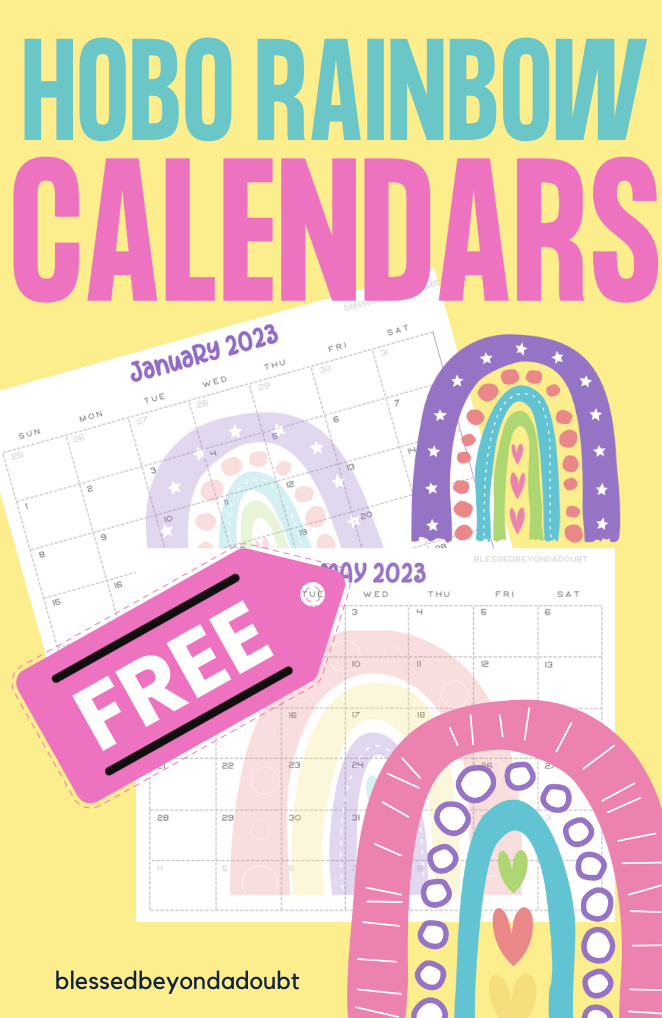


Leave A Comment